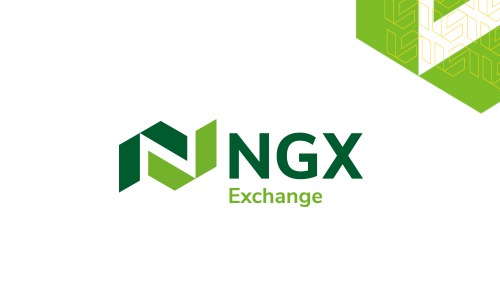Finance costs of twelve listed manufacturing firms on the Nigerian Exchange Group (NGX) increased by three digits in the first six months of 2024, manifesting the flip side of the continuous hike in the benchmark interest rate.
The selected group of manufacturing companies, led by Dangote Cement, recorded N476.54 billion as finance costs as at half year 2024 compared with N203.28 billion as of June 2023, amounting to an increase of N273.26 billion or 134 percent during the period.
In recent times, the Central Bank of Nigeria (CBN) has consistently increased the benchmark interest rate in a bid to taper inflation. From 18.5 percent in June 2023, the Monetary Policy Rate (MPR), the nation’s benchmark interest rate, rose gradually to 26.75 percent in July 2023, leaving along its path, higher borrowing costs for households and firms.
According to Dele Oye, President, Nigerian Association of Chambers of Commerce and Industry, Mines and Agriculture (NACCIMA), a hike in the benchmark interest rate (MPR) by the CBN can have several potential consequences for businesses, including, increased borrowing costs, reduced investment, decreased consumer spending, and cash flow challenges.
Dangote Cement incurred N332.52 billion as finance costs at half year 2024. This was higher than the N310.96 billion the firm incurred as finance costs throughout 2023, and also represented an increase of 106 percent in comparison to N163.05 billion as of June 2023.
Guinness Nigeria piled up N90 billion as finance costs, and this amounted to an increase of 872 percent over N9.28 billion incurred during the corresponding period of 2023.
Notore Chemical Industries piled up N24.22 billion as at half year 2024, an increase of 64 percent when compared with N14.74 billion in the corresponding period of 2023.
Transcorp and Okomu incurred N7.55 billion and N7.44 billion as finance costs during the reference period respectively. However, while Transcorp recorded a decline of 11 percent in its finance costs compared to N8.46 billion the firm incurred as finance costs as of June 2023, that of Okomu represented a 516 percent rise during the same period in comparison to N1.21 billion it incurred as of June 2023.
Another firm within the Transcorp Group, Transcorp Power saw a 24 percent rise in its finance costs from N3.21 billion as of June 2023 to N3.98 billion as at half year 2024.
PZ’s finance cost rose by 1,061 percent from N334.96 million as of June 2023 to N3.89 billion by June 2024.
“As borrowing becomes more expensive, businesses may delay or scale back on investments in expansion, new projects, or capital improvements. This can slow down business growth and innovation.
“Higher interest rates can lead to increased borrowing costs for consumers as well, which can reduce their disposable income. This typically results in lower consumer spending, which can negatively impact businesses, particularly those in the retail and service sectors,” Oye added.
Vitafoam saw a 342 percent rise in finance costs from N464.94 million in 2023 to N2.68 billion in the corresponding period in 2024.
Other firms with increase in finance costs include John Holt and the Northern Nigeria Flour Mills. The finance costs of the former rose by 13 percent to N109.3 million up from N96.3 million, while that of the latter increased from N5.42 million in 2023 to N19.87 million in the corresponding period in 2024.
Headline inflation increased to 34.19 percent in June 2024. Food inflation rose to 40.87 percent while all items less farm produce and energy increased to 27.40 percent on a year-on-year basis.
Responding to inflationary pressures, the CBN at its latest Monetary Policy Committee (MPC) meeting raised the MPR by 50 basis points to 26.75 per cent from 26.25 per cent, adjusted the asymmetric corridor around the MPR to +500/-100 from +100/300 basis points, retained the Cash Reserve Ratio of deposit money banks at 45.00 per cent and merchant banks at 14 per cent, just as it retained the liquidity ratio at 30.00 per cent.


